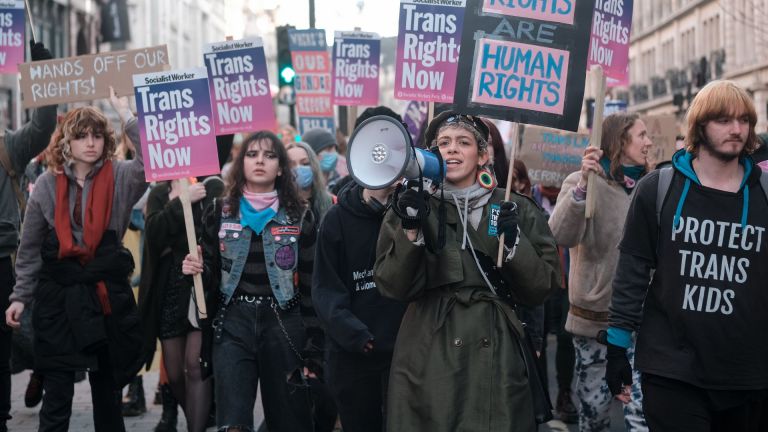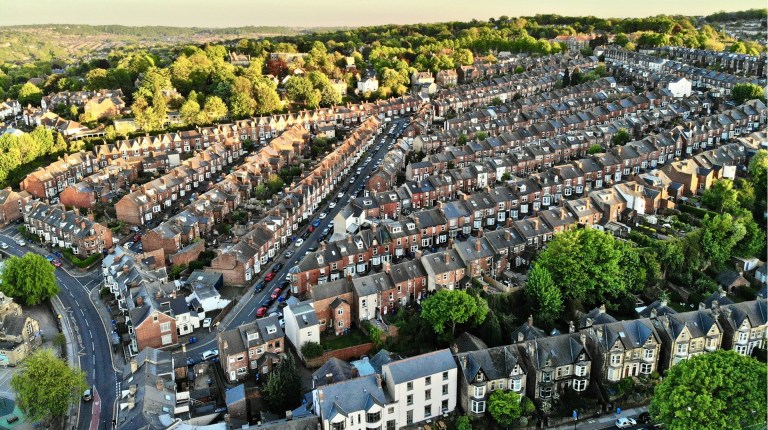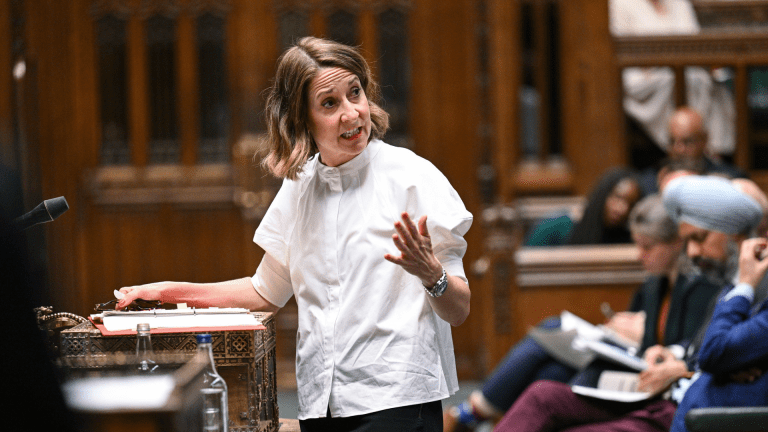When the first knockings of the Arab Spring sounded in 2011, the demand was simple. Residents of Cairo’s slums took over Tahrir Square on January 25 with a slogan that put ‘bread’ first.
There had been a spike in global food prices a little time before. The most basic of human needs drove them to act. And that global price quake was of nothing compared to now. Egypt imports around 15 million tonnes of wheat each year from Ukraine and Russia. The Egyptian government subsidises the cost of bread. As the war in Ukraine continues, grain prices leap. This puts additional pressure on national finances. Fees were recently put up for use of the Suez Canal to meet rising costs. Is a further uprising over food inevitable? And where else?
Pick any nation and the interdependency of global food supply chains is clear. The pressure is most immediate and desperate in the poorest places. The Food And Agriculture Organization of the United Nations issued a stark warning last week, identifying what it classed as hunger hotspots. These are 20 countries where the population is likely to face a “significant deterioration” in already high levels of acute food shortage putting their lives at risk. The nations in this list include Ethiopia, Yemen, DRC, Afghanistan, Somalia, Sudan and Syria.
In many of the regions violence and conflict is a contributing factor to food instability. Population displacement is an inevitable consequence. And that means more desperate refugees will seek some sort of life elsewhere. The performative nonsense from Westminster with their flights to Rwanda as deterrents for people smuggling will become as inconsequential as rice paper in the rain. Rather than chasing cheap headlines, a need for an entirely new strategy is essential. And humane.
There is also the issue of food costs and supply for people in Britain now. Costs of all basics will continue to spiral. Every single one of us see it when we head out to get any groceries. With all this gathering – and add in climate crisis as a contributor to food-chain instability – it’s head-scratching that the Johnson government didn’t go further with their plan to transform England’s food system. This was to be the biggest, deepest overhaul of production and consumption since the end of rationing.
A great plan to work out ways to produce more food on these shores, and help tackle health issues at the same time, could have been exciting and life-altering.











